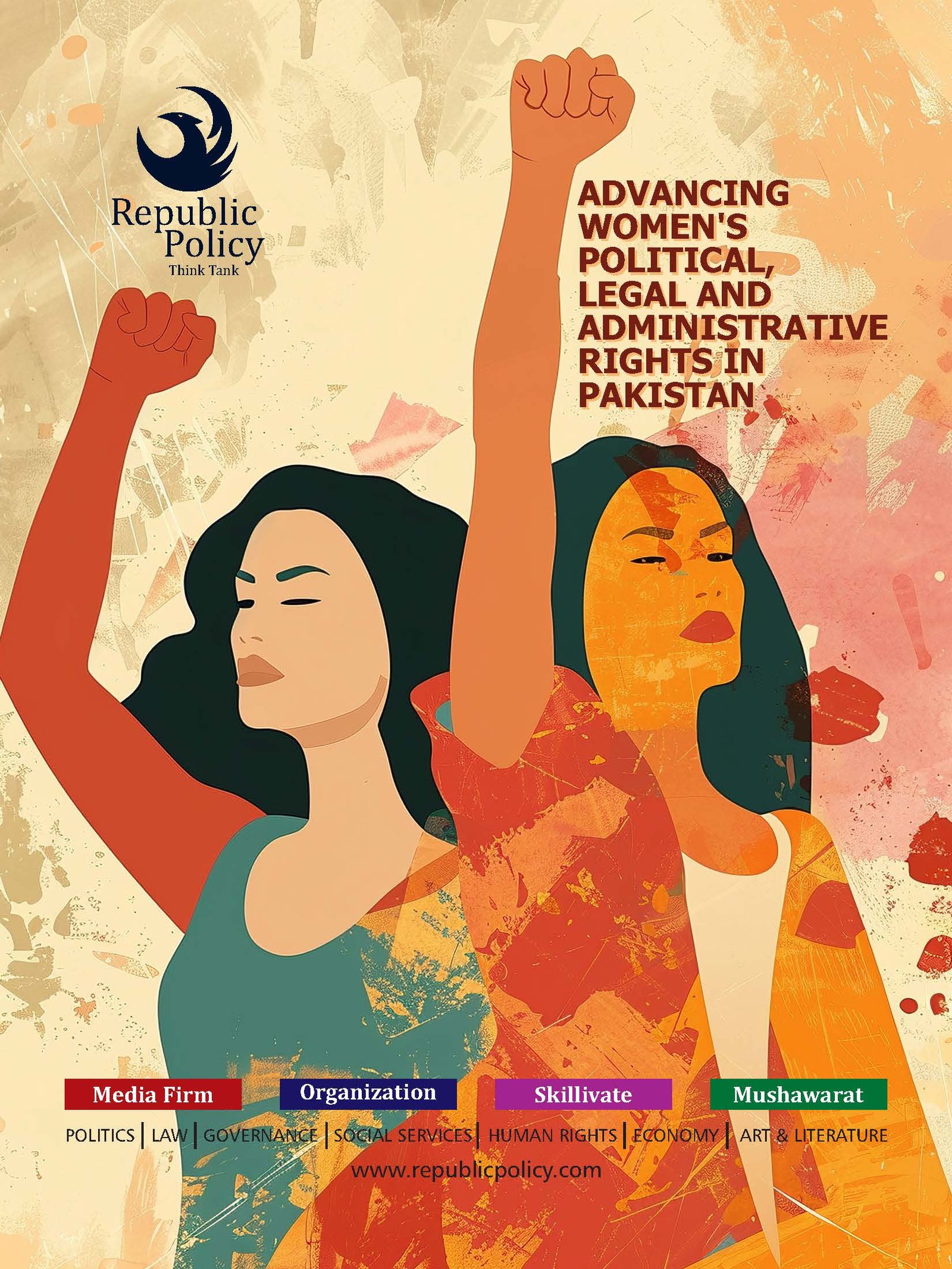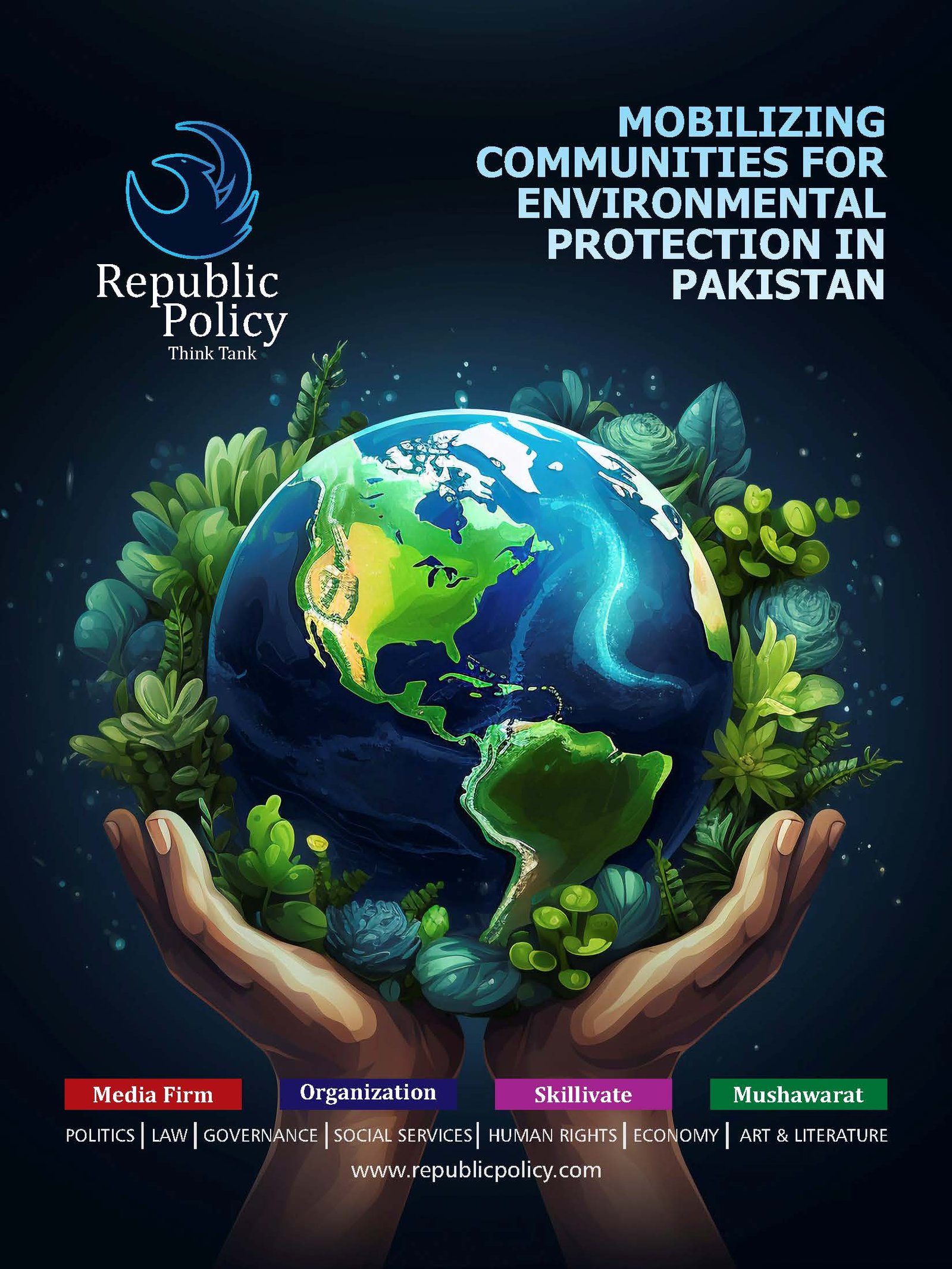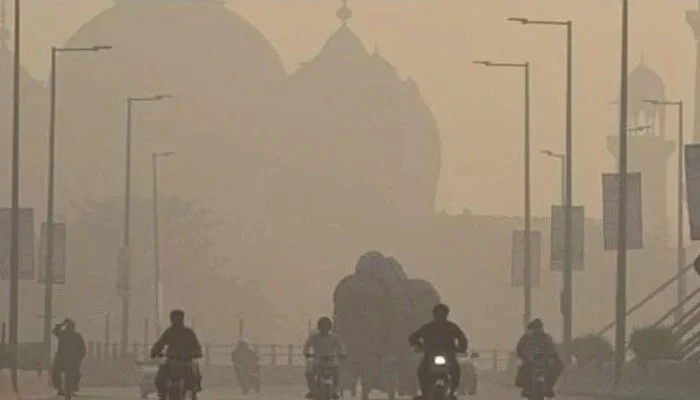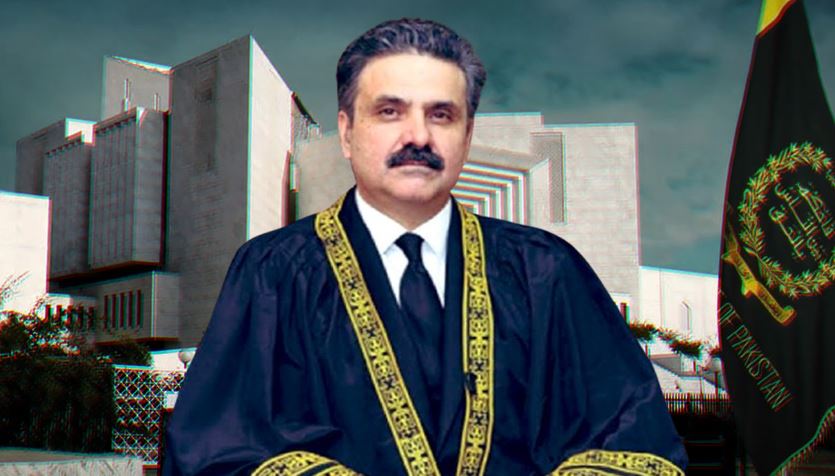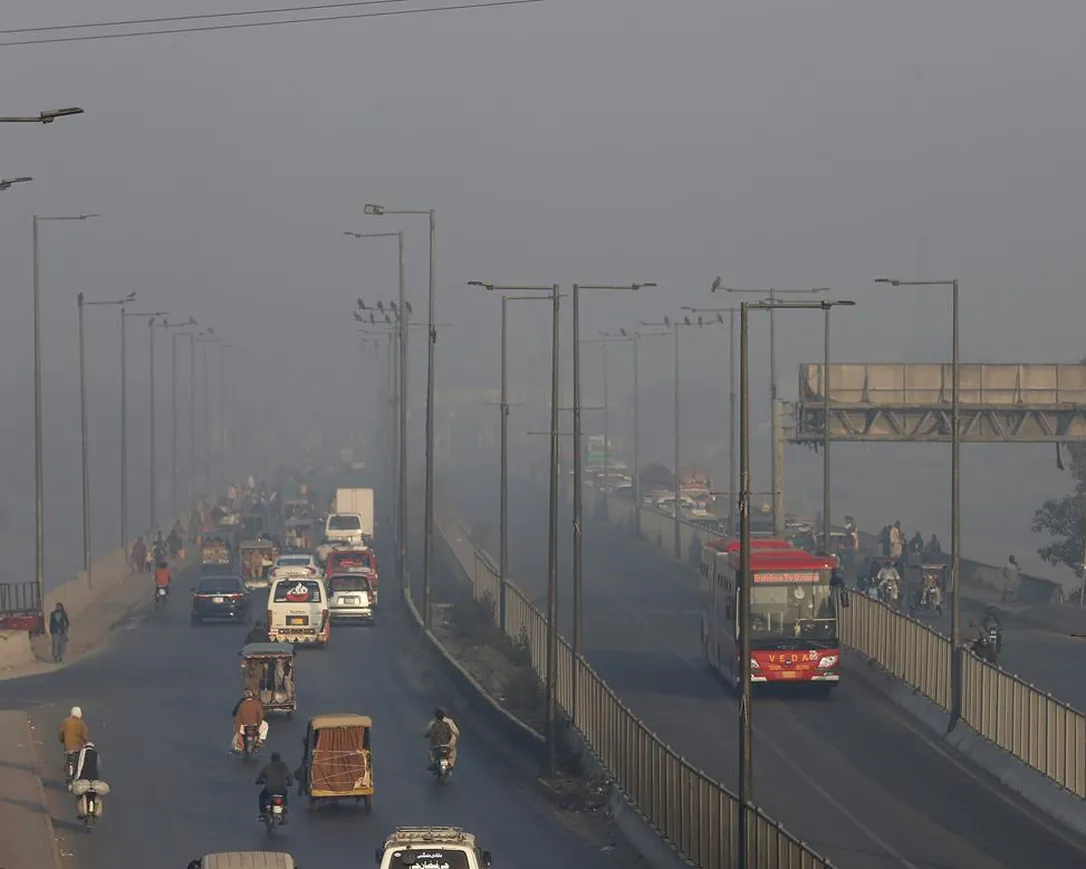Tahir Maqsood Chheena, Malik Abdul Latif, Hafeez Ahmed Khan, Mubashir Nadeem
Republic Policy is a leading research think tank that conducts surveys, analyses, and reports on various topics of public interest, such as governance, civil services, human rights, economy, federalism, and reforms. The think tank was founded on January 1, 2023, by a group of experts, academics, retired civil servants and lawyers who wanted to provide independent and credible research on the political, social, and economic issues facing Pakistan. Republic Policy publishes monthly magazines in English and Urdu, as well as op-ed columns, opinions, investigative reports, and analysis and research papers on its website. Republic Policy also conducts regular surveys on public opinion, voting preferences, and policy issues, using scientific and rigorous methods.
In October and November 2023, Republic Policy conducted a survey of 141 national assembly constituencies of Punjab, which is the most populous and politically significant province of Pakistan. Punjab has a population of over 110 million people, which accounts for more than half of the total population of Pakistan. Punjab is also the largest contributor to the national economy, with a GDP of over $200 billion, which is about 55 per cent of Pakistan’s total GDP. Punjab is also the home of the country’s political elite, as most of the prime ministers and presidents of Pakistan have been from Punjab. Punjab has a history of being a stronghold of the Pakistan Muslim League-Nawaz (PMLN), which was in power in the last PDM government. The survey aimed to gauge the voting preferences and opinions of the people of Punjab ahead of the general elections scheduled to be held on February 8, 2024. The general elections are expected to be a close contest between the Pakistan Tehreek-e-Insaf (PTI) and the PMLN in the province of Punjab, as well as other smaller parties and independent candidates.
The survey used the Union Council (UC), which is the lowest tier of local government in Pakistan, as the survey unit. A union council consists of a few elected members, including a chairman, a vice-chairman, and a few councillors according to the local government acts in Punjab. It is pertinent to mention that the local government is not an established government in the province of Punjab. The union council is responsible for providing basic services and facilities to the people in its jurisdiction, such as water, sanitation, health, education, and security. The union council also plays a role in the electoral process, as it is the smallest unit of electoral representation and administration. The survey covered 41 Punjab districts, divided into 297 provincial assembly seats and 141 national assembly seats. The provincial assembly is the legislative body of the province, which makes laws and policies for provincial matters, such as health, education, agriculture, and local government. The national assembly is the lower house of the parliament, which makes laws and policies for the federal matters, such as defense, foreign affairs, finance, and taxation.
The survey asked the respondents a single question: Which party will you vote for in the coming general elections?
The survey reached out to voters of all age brackets, ranging from 18 to 65 plus, at the UC level in each NA constituency. The survey also ensured that the respondents were proportionally representative of the male and female population of Punjab, as well as the different occupations and sectors of the society, such as traders, farmers, professionals, students, laborers, and others. The survey also asked the respondents about their favorite leader, favorite candidate, the performance of the political parties, the manifestos of the political parties, and the local dynamics of the constituencies. The survey used a random sampling technique to select the respondents, and used face-to-face interviews to collect the data. The survey also used a margin of error of 10 percent and a confidence level of 90 percent to ensure the reliability and validity of the data.
The survey collected and analyzed the data from the constituencies at the UC level and synthesized it with the feedbacks from the respondents. The survey found that the Pakistan Tehreek-e-Insaf (PTI) was the most popular political party in Punjab, with 60 percent of the respondents expressing their support for it. The PTI came to power in the 2018 general elections, with the slogan of “Naya Pakistan” (New Pakistan), promising to bring change and reform in the country. However, in 2022, their government was outnumbered by the PDM political parties through a vote of no confidence. The PTI claims to have delivered on its promises, such as improving the economy, fighting corruption, providing social welfare, and strengthening foreign policy. The Pakistan Muslim League-Nawaz (PMLN) was the second most popular party, with 25 per cent of the respondents favouring it. The PMLN was the main political party in the federal government, led by a coalition led by PDM. However, they were the opposition party in the provincial assembly of Punjab, and furthermore, it is led by Shehbaz Sharif, the younger brother of former Prime Minister Nawaz Sharif. The PMLN was also in power from 2013 to 2018, and claims to have brought development and prosperity to the country, especially in Punjab. The remaining 15 percent of the respondents were divided among other political parties, such as the Pakistan Peoples Party (PPP), the Tehreek-e-Labbaik Pakistan (TLP), and the Jamaat-e-Islami (JI). The PPP was the third largest party in the federal parliament and the ruling party in the province of Sindh, and is led by Bilawal Bhutto Zardari, the son of former Prime Minister Benazir Bhutto. The PPP has a history of being a progressive and populist party, with a strong base in rural Sindh and parts of Punjab. The PPP also claims to be the champion of democracy and federalism. The PPP also faces several challenges, such as the corruption allegations and cases against its leaders, the poor governance and performance in Sindh, and the loss of support and relevance in the province of Punjab. The TLP is a religious party that emerged in 2017 and was led by the late Khadim Hussain Rizvi, a firebrand cleric who advocated for the strict enforcement of the blasphemy laws and the protection of the honour of Prophet Muhammad (PBUH). The TLP has a loyal and passionate following among the religious and conservative segments of society, especially in the rural areas of Punjab. The TLP also has a history of staging massive and violent protests against the government and the judiciary, demanding the implementation of its agenda. The TLP also faces several challenges, such as the ban imposed by the government on its activities, the arrest and detention of its leaders and workers, and the lack of a clear political and economic vision for the country. The JI is an Islamic party that has been active in Pakistan since 1947, and is led by Sirajul Haq, a veteran politician and scholar who advocates for the establishment of an Islamic system of governance and society in Pakistan. The JI has a well-organized and disciplined structure and network, with a presence in all provinces and regions of Pakistan. The JI also has a reputation of being a principled and ideological party, with a focus on moral and ethical issues, such as corruption, justice, and human rights. The JI also faces several challenges, such as the low and stagnant electoral support, the competition and conflict with other religious parties, and the lack of appeal and relevance among the youth and the mainstream segments of the society.
The survey concluded that the PTI had a clear lead over its rivals in Punjab and had a better chance to win the elections if it worked on three factors: the selection of candidates in the constituencies, the election campaign, and the polling day management. The survey suggested that the PTI should select candidates who are popular, credible, and loyal to the party, and avoid any controversies or conflicts within the party ranks. The survey also suggested that the PTI should run an effective and aggressive election campaign, highlighting its achievements and promises, and exposing the failures and flaws of its opponents. The survey also suggested that the PTI should ensure a smooth and fair polling day management, mobilizing its voters and workers, and preventing any rigging or violence. The survey also suggested that the PMLN and other parties had to work hard to regain the trust and support of the people of Punjab, who were dissatisfied with their performance and policies. The survey suggested that the PMLN should resolve its internal and external ideological narratives, such as Vote ko Izzat Do, and also defect from the poor PDM government, which brought poor governance and inflation. The survey also suggested that the PMLN should run a positive and persuasive election campaign, focusing on PTI’s strengths and weaknesses.
Lastly, there is competition between PTI and PMLN in the Punjab province. However, the electives, under IPP, may be effective in southern Punjab or in those seats where the popular vote is less than the traditional vote.
Please, watch details of the survey in the video report of republicpolicy.com






































